Concussion
Why Objective Baseline Data is Non-Negotiable.
Concussions don't just cause headaches; they often severely impact the visual system. Without objective data from before an injury, true recovery is a dangerous guessing game. Protect your future with a vision baseline.
Pro Cyclist Kyle Perry: My Concussion Comeback Story.
Professional Cyclist Kyle Perry shares his journey from concussion recovery to peak performance, thanks to our specialized training. See how objective data transformed his return to sport.
Up to 90% of all TBI patients experience vision disruption.
How Concussions Affect Vision:
Ocular Motor Dysfunction: Difficulty tracking and shifting gaze (impacts reading, sports).
Convergence Insufficiency: Eyes struggle to work together for near focus (affects 14-65% post-concussion).
Light Sensitivity (Photophobia): Common, debilitating discomfort.
Binocular Vision Dysfunction: Impaired balance, depth perception, and coordination.
The Baseline Advantage: Your Blueprint for Safer Recovery:
Pre-concussion vision baselining provides objective data that is critical for:
Accurate Diagnosis: Pinpoints specific visual deficits immediately post-injury by comparing to healthy baseline scores. No more guessing.
Targeted Recovery: Guides precise, individualized vision therapy, accelerating healing.
Safe Return-to-Play: Objectively confirms full recovery. Relying solely on symptoms is risky and increases the chance of Second Impact Syndrome (SIS) – a severe, potentially fatal re-injury.
Preventing Re-Injury: With objective visual function restored to baseline, the risk of a secondary, more severe concussion is significantly reduced.




